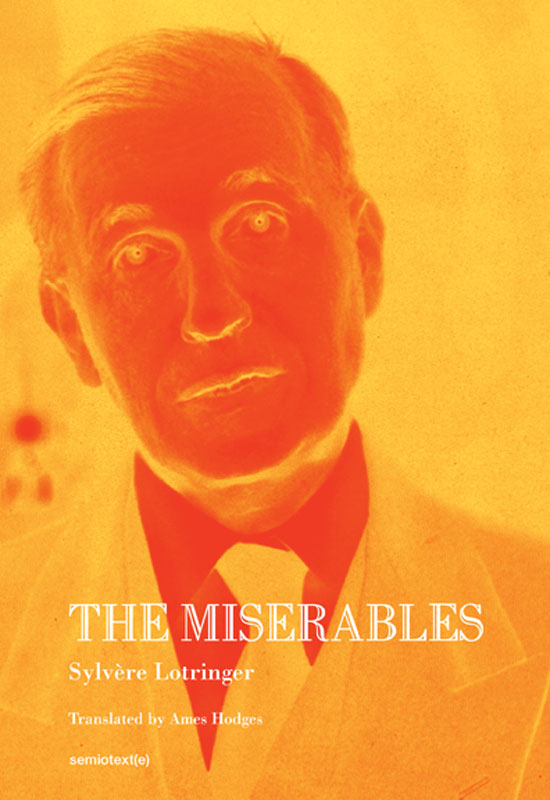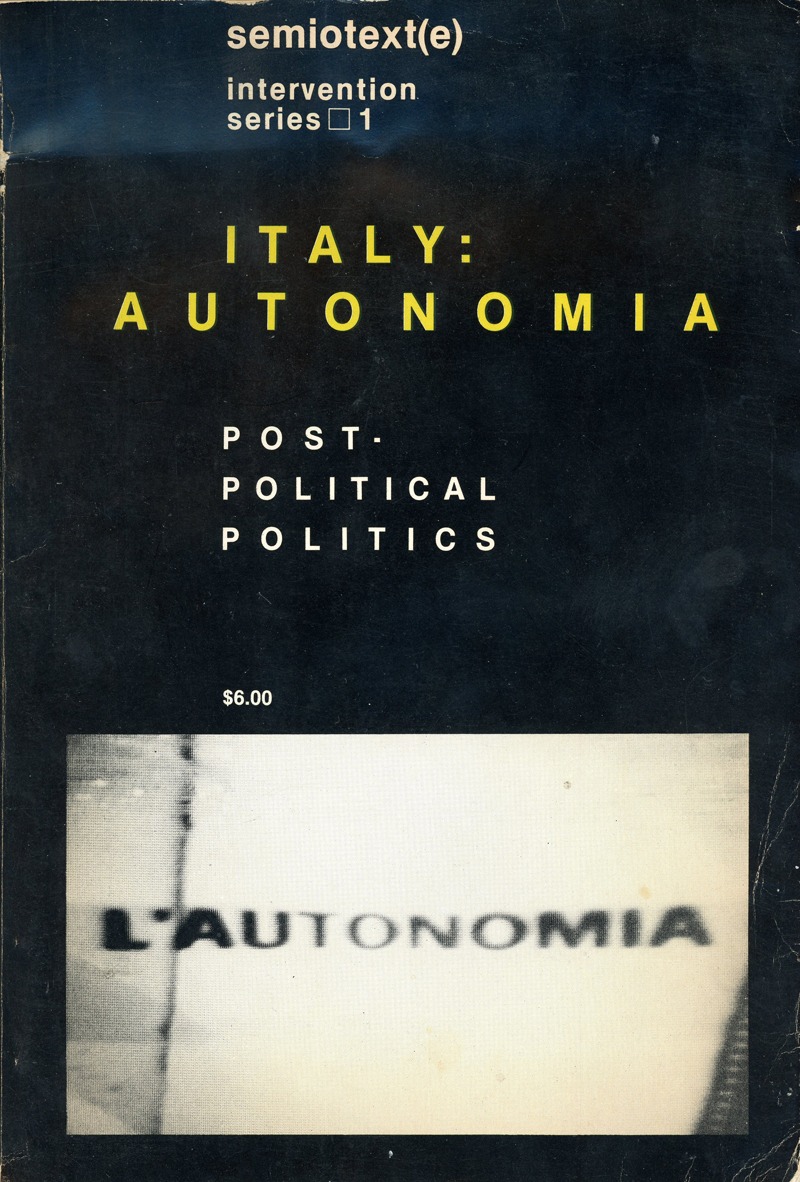Thoughts echoed around the world:
Most of what I love I love because Sylvère Lotringer first published it. RIP. — Andrew Durbin
Sylvère was not only a brilliant intellectual and a talented publisher, but also a sort of dowser, a diviner of ideas who roamed the territories of art, philosophy, and the margins of social behavior, all to find signs of the future. He was a volcanic organizer of cultural innovation, a radical experimenter in existential adventures, and a wonderful friend. — Franco “Bifo” Berardi and Christian Marazzi
Lotringer taught us certain tactics. To conduct one’s life as a discreet yet visible site of experimentation. To look for the play of concepts between one’s pleasures and one’s struggles. To not settle into too dense a representation of oneself, one’s desires, one’s politics. To find languages adequate to the moment and to find the historical resonances of that moment, perhaps outside narrative arcs one merely inherited, from family, school, or party. For those who work and play in certain discrete—and discreet—ways, he remains a model. — McKenzie Wark
See “A Tribute to Sylvère Lotringer,” published by The Brooklyn Rail, edited by Donatien Grau, with contributions by Ariana Reines, Noura Wedell, Chris Kraus, Rachel Kushner, Eileen Myles, Charles Gaines, Arto Lindsay, Dodie Bellamy, Michael Oblowitz, Lizzie Borden, Kathryn Bigelow, François Cusset, Penny Arcade, Shaun Caley Regen, Christian Marazzi, Gayatri Chakravorty Spivak, Paul McCarthy, Jay Sanders, Katherine Waugh, Bernard Brunon, François Piron, Josephine Meckseper, Andrew Perchuk, Emmanuelle Guattari, Carole Ann Klonarides, Brigitte Engler, Susie Flato, and Denis Hollier.

From top: Photograph of Sylvère Lotringer by Iris Klein; collage image courtesy Diego Cortez, photograph by Jimmy DeSana; Sylvère Lotringer, The Miserables; Autonomia: Post-Political Politics, edited by Lotringer and Christian Marazzi. Book cover and design images courtesy and © Semiotext(e).






